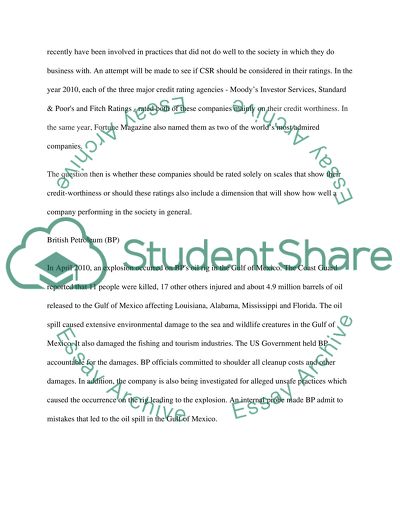Cite this document
(“Should Corporate Social Responsibility (CSR) be considered in the Research Paper”, n.d.)
Retrieved from https://studentshare.org/family-consumer-science/1421820-should-corporate-social-responsibility-csr-be
Retrieved from https://studentshare.org/family-consumer-science/1421820-should-corporate-social-responsibility-csr-be
(Should Corporate Social Responsibility (CSR) Be Considered in the Research Paper)
https://studentshare.org/family-consumer-science/1421820-should-corporate-social-responsibility-csr-be.
https://studentshare.org/family-consumer-science/1421820-should-corporate-social-responsibility-csr-be.
“Should Corporate Social Responsibility (CSR) Be Considered in the Research Paper”, n.d. https://studentshare.org/family-consumer-science/1421820-should-corporate-social-responsibility-csr-be.


